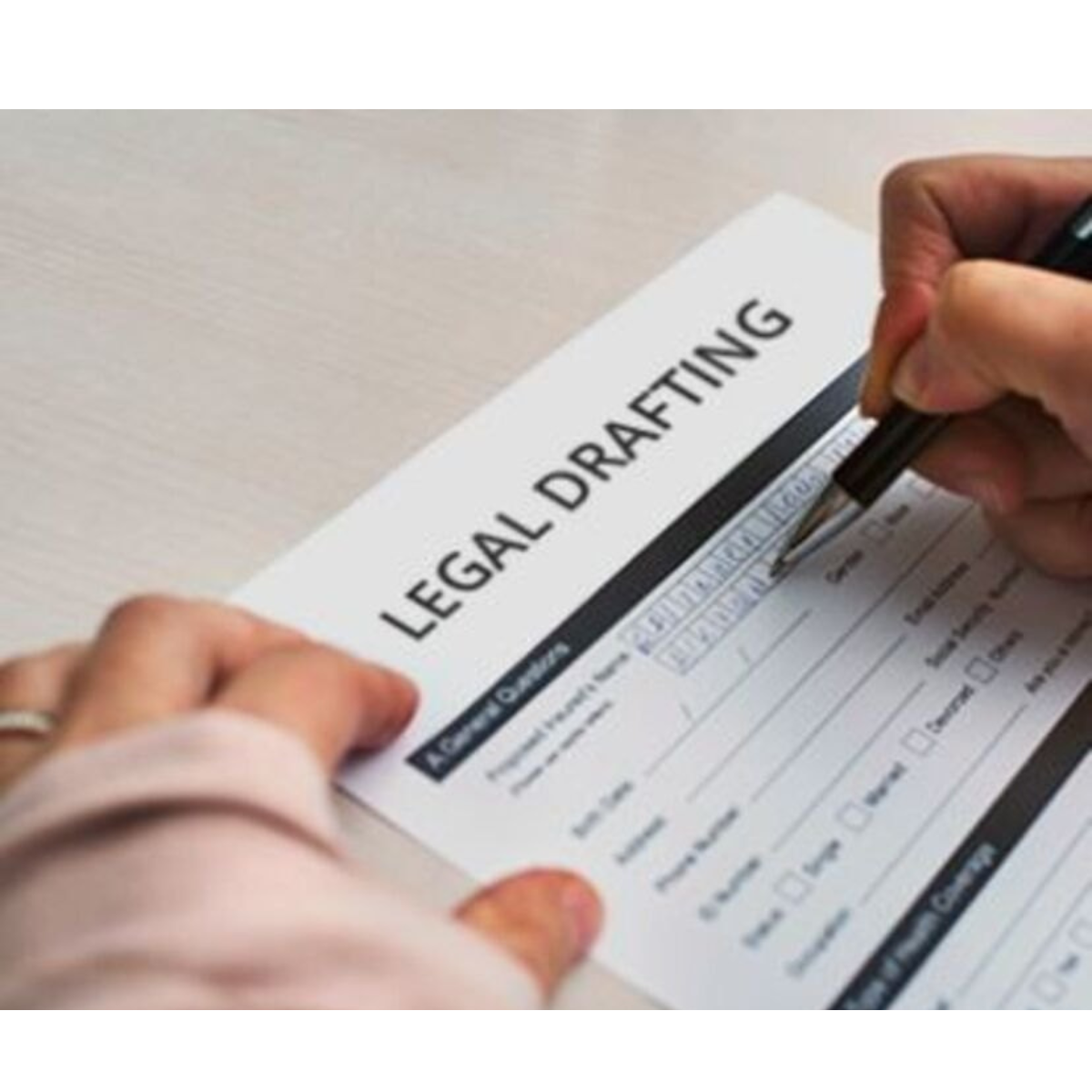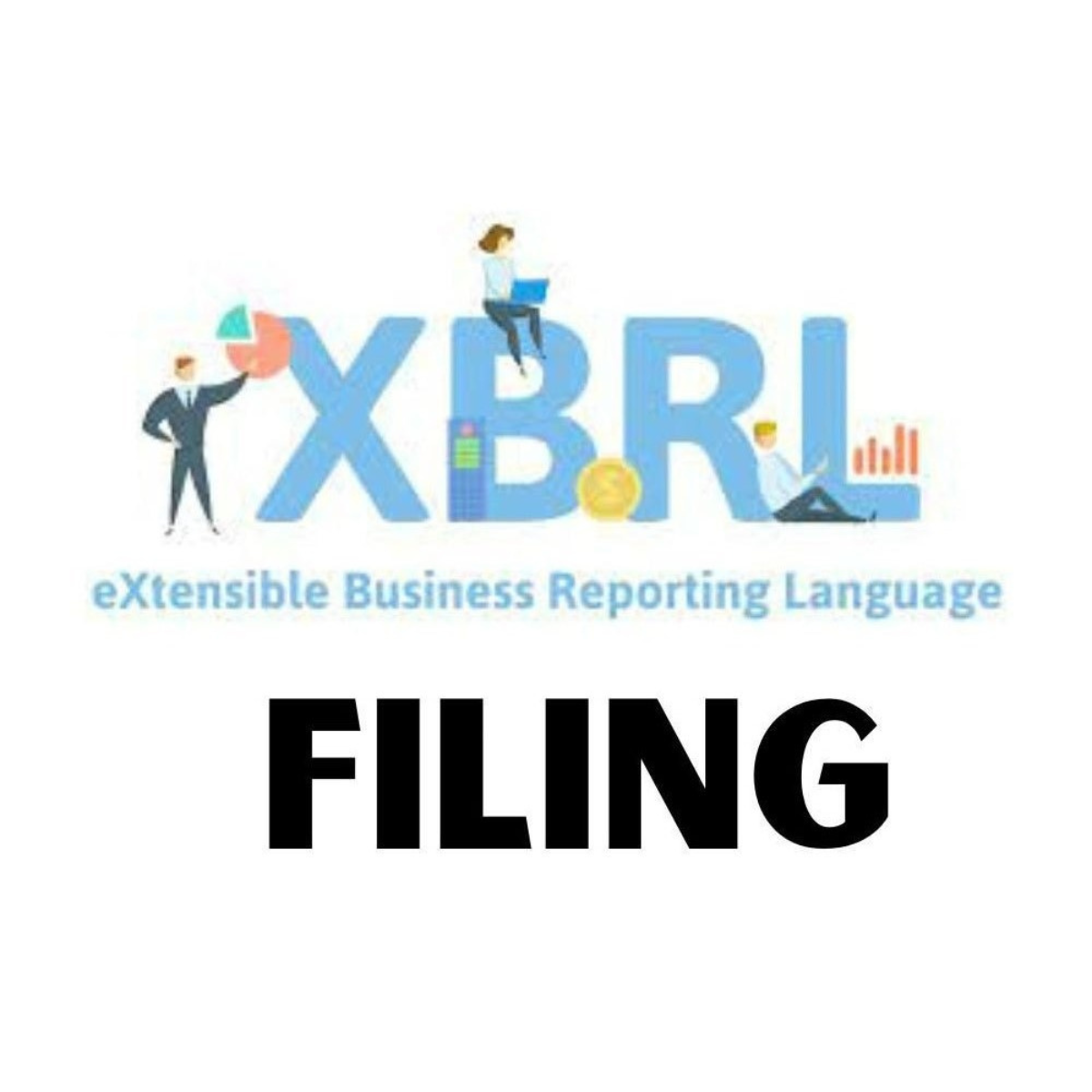Legal Drafting And Documentation the process of creating and preparing legal documents, such as contracts, agreements, and other written materials that govern legal relationships, transactions, and obligations is known as “Legal Drafting and Documentation.”
Here is some vital data about lawful Legal Drafting and Documentation:
Purpose: The main role of lawful drafting and documentation is to precisely and obviously articulate the freedoms, obligations, commitments, and obligations of the gatherings engaged with a legitimate matter or exchange. It creates legally binding agreements and documents that safeguard the interests of the parties and make their legal relationships clear and certain.
Sorts of Reports: Lawful drafting and documentation incorporate a large number of records, including yet not restricted to: Agreements and arrangements (e.g., work contracts, rent arrangements, deals) Lawful pleadings and court reports (e.g., grievances, movements, briefs) Bylaws, shareholder agreements, and articles of incorporation are examples of corporate documents.
Lawful sentiments and memoranda Wills, trusts, and home arranging archives Protected innovation records (e.g., licenses, brand names, authorizing arrangements) Deeds, mortgages, and lease agreements are examples of real estate documents. compliance documents and regulatory filings.
Lawful Guidelines and Prerequisites: Legitimate drafting and documentation should comply with explicit legitimate principles and prerequisites directed by relevant regulations, guidelines, and legal points of reference. It includes deciphering and applying important legitimate standards, resolutions, and case regulation to draft archives that are lawfully enforceable and consistent.
Precision and Clarity: Successful legitimate drafting requires lucidity, accuracy, and tender loving care. Authoritative records ought to be written in plain language, keeping away from uncertainty, language, or superfluous intricacy. Clear and succinct drafting forestalls false impressions and debates and improves the enforceability of the record.
Customization: Standard templates or forms are frequently modified during legal drafting to meet the particular requirements and circumstances of the parties involved. Drafters should cautiously think about the remarkable realities, goals, and necessities of every circumstance and draft records that precisely mirror the gatherings’ expectations and arrangements.
Audit and Update: Authoritative archives regularly go through various rounds of survey and amendment to guarantee precision, fulfillment, and consistence with legitimate prerequisites. Drafters team up with clients, partners, and other lawful experts to consolidate criticism, address concerns, and finish the archives.
Enforcement and Execution: When drafted, authoritative archives should be appropriately executed by the material lawful conventions and systems. The document’s enforceability and the parties’ responsibilities under it are guaranteed by its effective execution.
Legal Knowledge: Legal drafting and documentation frequently necessitate the expertise of qualified legal professionals, such as attorneys or legal advisors, who have the knowledge, abilities, and experience necessary to draft documents that effectively safeguard their clients’ interests and adhere to relevant legal requirements.
Overall, legal drafting and documentation provide a framework for parties to conduct their affairs within the confines of the law with confidence and certainty, shaping legal relationships, transactions, and outcomes.





1 thought on “Legal Drafting And Documentation”